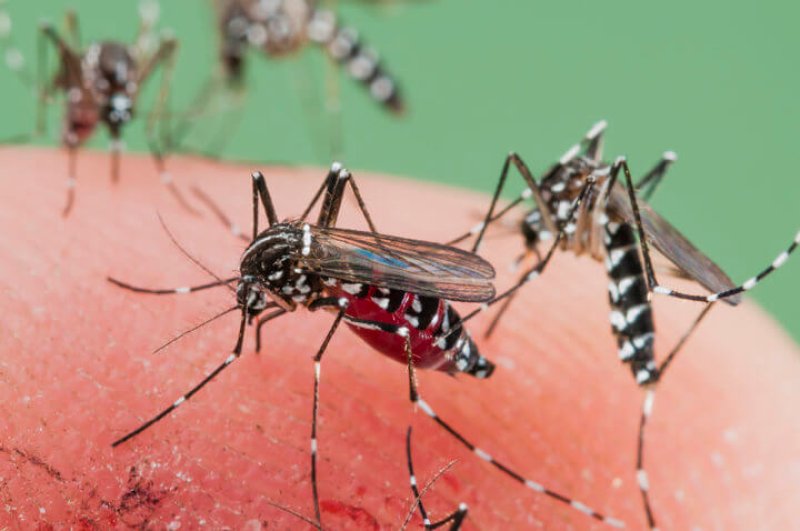Swatting at mosquitoes is a great start, but if we really want to cut down on the hundreds of millions of malaria cases they cause every year, we’re going to need some more effective weapons. Now, researchers from Johns Hopkins have used the CRISPR/Cas9 gene editing tool to engineer mosquitoes that are highly resistant to the malaria parasite, by deleting one specific gene.
…
The new study, conducted by researchers at Johns Hopkins Bloomberg School of Public Health, targeted a gene called FREP1. This gene encodes for a specific immune protein that, for reasons not fully understood, helps the malaria parasite survive in the mosquito’s gut. By snipping out FREP1 using the genetic scissors of CRISPR/Cas9, the team was able to reduce the likelihood of the malaria parasite surviving long enough to mature to the stage where it can harm humans.
…
The genetic edit wasn’t perfectly neat though…If the modified mozzies were released into the wild in this state, natural selection could wipe them out before they got the job done.
Once those kinks are ironed out, the genetically-modified mosquitoes could be released into the wild to spread their malaria resistance through the natural population. The researchers think that this could be a viable strategy, since the gene edits they’ve performed don’t impact the insects’ ability to survive and breed.
Read full, original post: Malaria-resistant mosquitoes engineered using CRISPR































